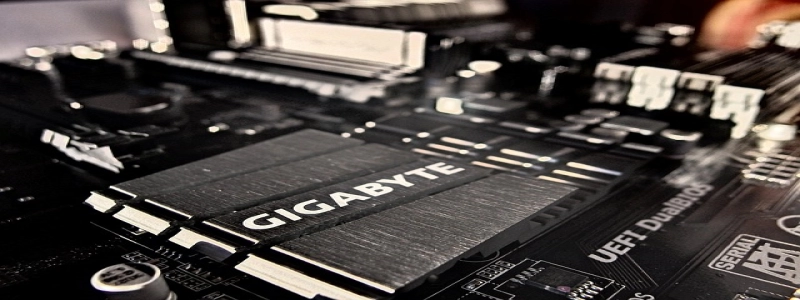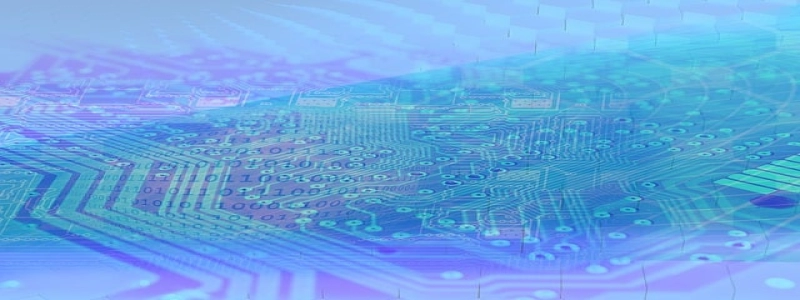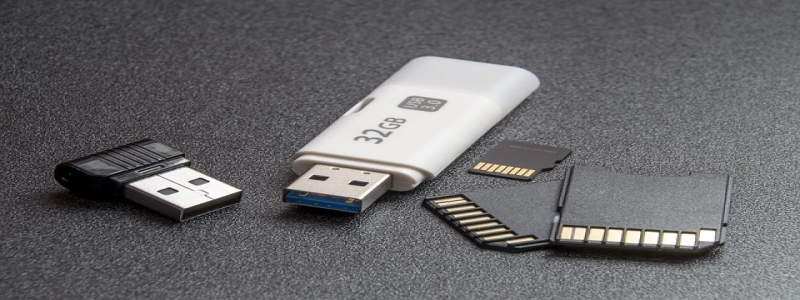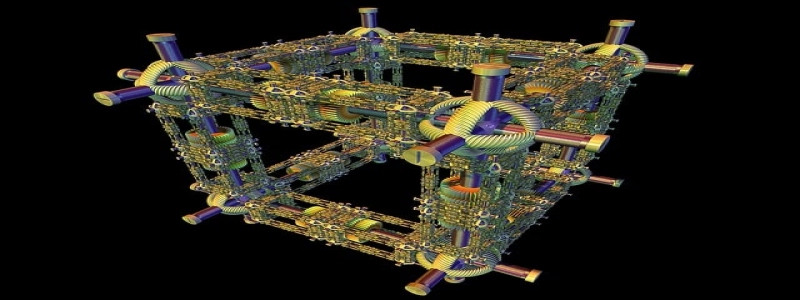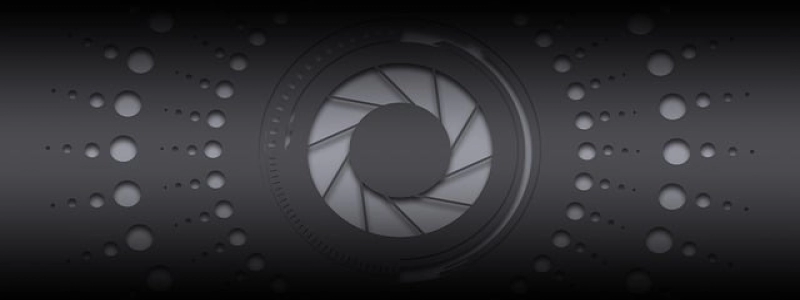Fiber Optic vs. Cable High-Speed Internet
Introduction:
In the fast-paced digital world we live in, having access to high-speed internet has become a necessity. Two common options for high-speed internet are fiber optic and cable connections. Let’s explore the differences and advantages of each in this article.
je. Understanding Fiber Optic Internet
Fiber optic internet uses thin strands of glass or plastic to transmit data as pulses of light. The light travels through these strands with minimal interference, resulting in faster and more consistent internet speeds.
Advantages of Fiber Optic Internet:
1. Vitesse: Fiber optic internet is known for its incredibly fast speeds, making it ideal for activities like online gaming, streaming 4K videos, and video conferences.
2. Fiabilité: Unlike cable internet, fiber optic connections are less prone to interruptions and slowdowns during peak usage times. This means you can expect a reliable and consistent internet connection.
3. Symmetrical Upload and Download Speeds: Fiber optic internet offers equal upload and download speeds, making it an excellent choice for users who share large files or engage in activities that require substantial upload speeds.
II. Understanding Cable High-Speed Internet
Cable high-speed internet, also known as coaxial cable internet, uses copper wires to transmit data signals. This technology has been in use for decades and remains a popular choice for many households and businesses.
Advantages of Cable High-Speed Internet:
1. Availability: Cable internet is widely available in most areas, making it accessible to a larger number of users.
2. Price: Cable internet is often more affordable than fiber optic internet, making it an attractive option for users on a budget.
3. Bundled Services: Cable internet providers often offer bundled packages that include television and phone services, providing additional convenience and potential cost savings for customers.
III. Comparing Fiber Optic and Cable High-Speed Internet
While both types of internet connections offer high speeds, there are several key differences to consider:
1. Vitesse: Fiber optic internet is generally faster than cable internet, especially when it comes to upload speeds. If you require fast upload and download speeds for activities like sharing large files or uploading content, fiber optic internet is the superior option.
2. Fiabilité: Fiber optic connections are more reliable and less prone to slowdowns during peak hours compared to cable internet. Cependant, cable connections may be more reliable in areas with severe weather conditions that can disrupt fiber optic lines.
3. Price: Cable internet tends to be more affordable compared to fiber optic internet, making it a more budget-friendly option for many users.
Conclusion:
Choosing between fiber optic and cable high-speed internet ultimately depends on your specific needs and budget. If you require lightning-fast, symmetrical speeds and reliable connectivity, fiber optic internet is the way to go. Cependant, if availability, reliability in adverse weather conditions, and affordability are your priorities, cable high-speed internet may be a better fit. Consider your requirements and compare the pros and cons of each before making your decision.
